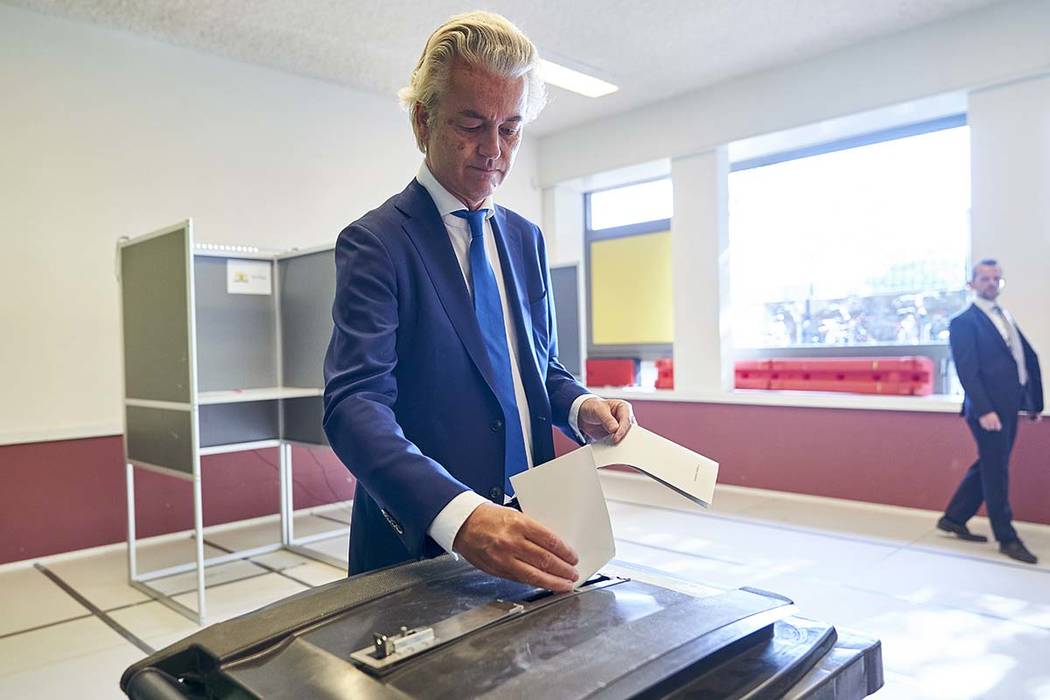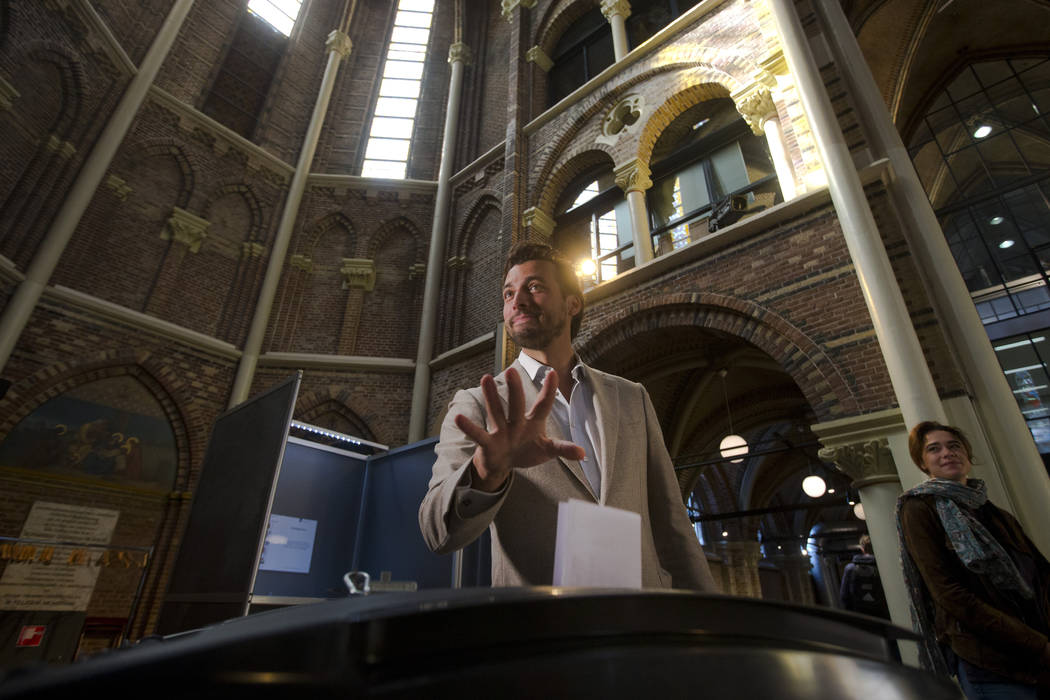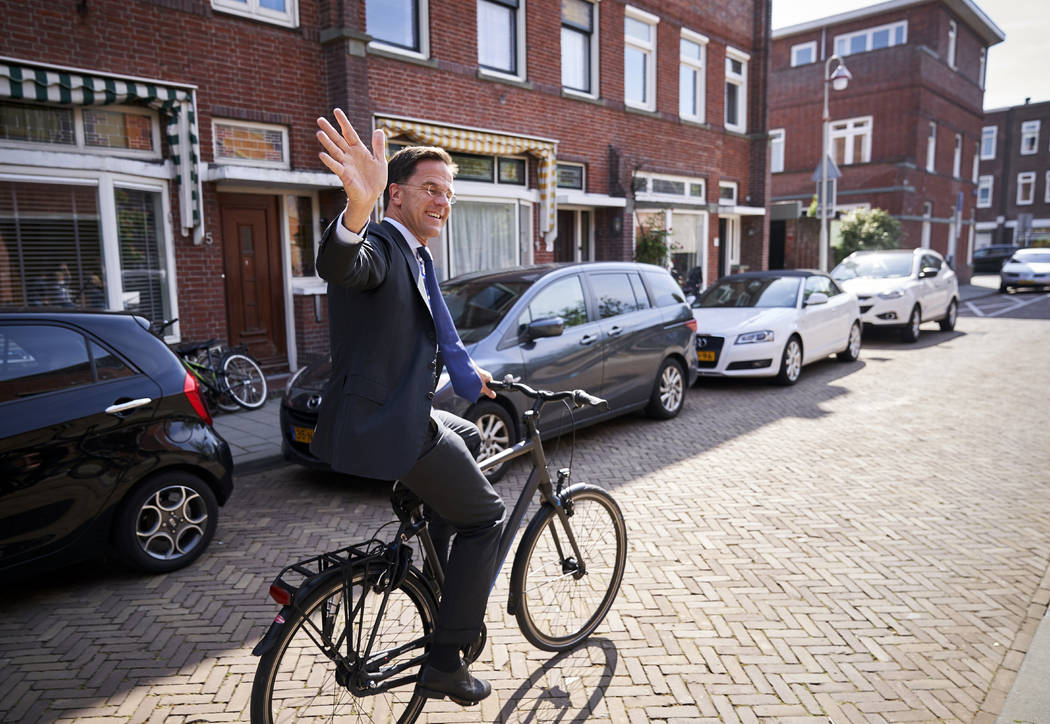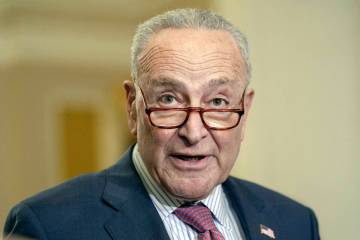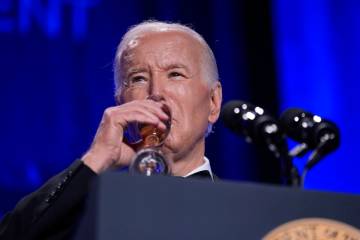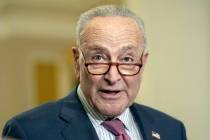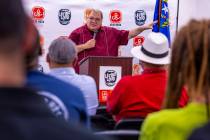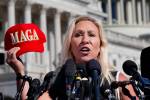Integration, power at issue as 28 EU nations vote
THE HAGUE, Netherlands — Dutch and British voters were the first to have their say Thursday in elections for the European Parliament, starting four days of voting across the 28-nation bloc that pits supporters of deeper integration against populist euroskeptics who want more power for their national governments.
Polls opened first in the Netherlands, and half an hour later the election began across the United Kingdom — the only other country voting Thursday, and a nation still wrestling with its plans to leave the European Union altogether and the leadership of embattled Prime Minister Theresa May.
Dutch Prime Minister Mark Rutte said he doesn’t want his country to follow the U.K. out of the EU door.
“For our safety, for our jobs, for our prosperity, our stability we need to stay a part of European Union,” he said after riding his bicycle to his former school in a leafy Hague suburb to cast his vote.
Voting ends Sunday night
The elections, which end Sunday night, come as support is surging for populists and nationalists who want to rein in the EU’s powers, while traditional powerhouses like France and Germany insist that unity is the best buffer against the shifting economic and security interests of an emerging new world order.
French President Emmanuel Macron says the challenge is “not to cede to a coalition of destruction and disintegration” that will seek to dismantle EU unity built up over the past six decades.
In a significant challenge to those centrist forces, populists appear largely united heading into the elections. On Saturday, Italy’s anti-migrant Interior Minister Matteo Salvini was joined at a rally by 10 other nationalist leaders, including include far-right leaders Marine Le Pen of France’s National Rally party and Joerg Meuthen of the Alternative for Germany party.
On Thursday morning, U.K. Labour leader Jeremy Corbyn released a message with a warning that “the far-right is on the rise” and adding that “the actions we take now will have huge consequences for our future.”
Voters across Europe elect a total of 751 lawmakers, although that number is set to drop to 705 when the UK leaves the EU. The Dutch make up just 26 currently and 29 after Brexit. The UK has 73 European lawmakers, who would lose their jobs when their country completes its messy divorce from the EU.
Early exit poll
Results of the four days of voting will not be officially released until Sunday night, but Dutch national broadcaster NOS will publish an exit poll after ballot boxes close Thursday night.
The Netherlands could provide a snapshot of what is to come. Polls show the right-wing populist Forum for Democracy led by charismatic intellectual Thierry Baudet running neck-and-neck with Rutte’s center-right VVD party.
While the country, an affluent trading nation, profits from the EU’s open borders and single market, it also is a major contributor to EU coffers. Skeptical Dutch voters in 2005 rejected a proposed EU constitution in a referendum.
Astrid van Foreest, 75, voted for Rutte’s party, saying the Netherlands needs to be part of the EU.
“We are such a small country. We can’t do without Europe,” she said. “Europe has brought us a lot of riches — not for everybody; that is a point to be improved. We can’t do it all on our own.”
Baudet, whose party emerged as a surprise winner of provincial elections in March, identifies more with hard-line Hungarian Prime Minister Viktor Orban than with the nationalist populist movement led by Salvini, although in a debate Wednesday night he called Salvini a “hero of Europe” for his crackdown on migration.
“The immigration we get here from Africa and the Mideast is completely contrary to our culture, our values, our way of life, tolerance, love of women and so on,” Baudet said. “That has to stop and it will not happen at the European level.”



